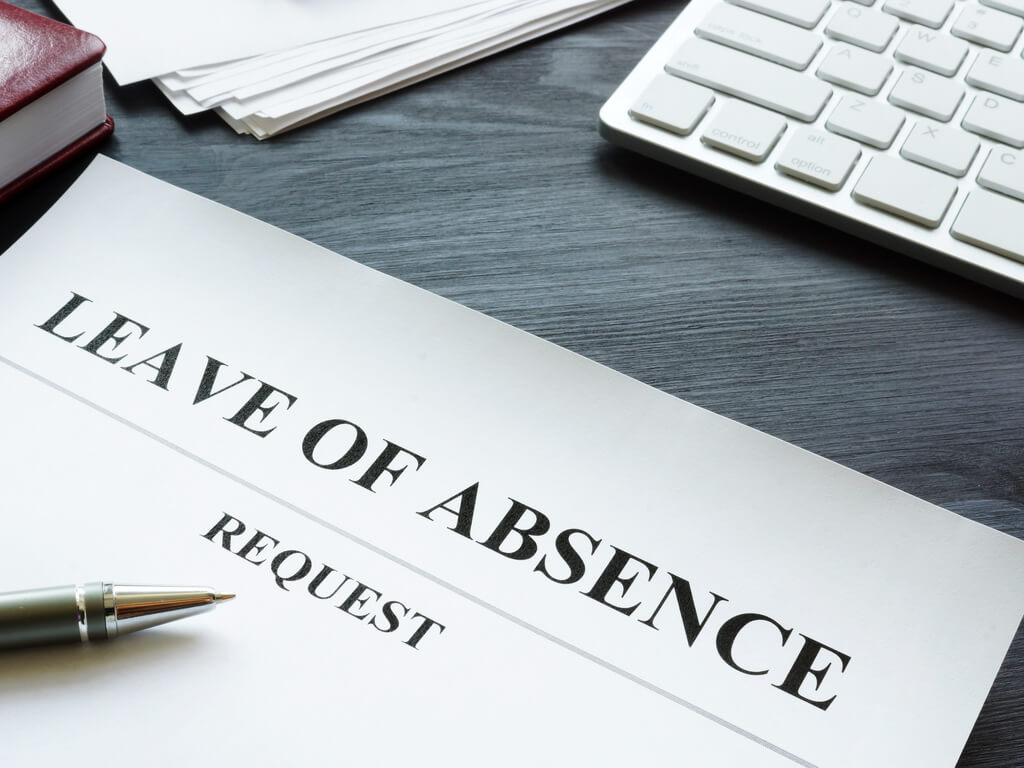Posted by in Employment Law
Jul 21 2021
Connecticut employees frequently contact us for legal advice about their right to medical leave and the consequences for taking a medical leave. Here are some of the most common questions we receive:
What will happen to my job if I go out on leave?
The Family and Medical Leave Act (or FMLA) protects you from getting fired, demoted, or subjected to any other negative action if you take an approved medical leave. But you have to let your employer know that you will be out of work for medical reasons in order to get those protections. Timing matters, and what you say matters. It could be as simple as saying, “I need to take leave to go to a doctor appointment,” but each situation is a little different. We are here to help walk you through that process.
Always remember: if you walk off the job or fail to show up to work without telling HR or your supervisor (unless you have an unexpected emergency), then there may be nothing to stop your employer from terminating you or taking some other action against you.
If I take FMLA leave, do I get paid?
Maybe, but at least for now, it wouldn’t be because of the FMLA. The FMLA only means that you won’t lose your job for taking medical leave. It doesn’t have anything to do with your pay. But you may have personal time off, vacation time, or a short- or long-term disability policy that you can use to get paid while you’re out of work. HR departments often help employees figure out how to get paid while they’re out on FMLA leave.
But this is all going to change for Connecticut workers starting January 1, 2022. In 2020, Connecticut passed a new law that will give people paid FMLA leave for up to 12 weeks. The paid compensation maxes out at $780 (60 times the minimum wage), but you can supplement this with your employer-provided benefits.
Can I take leave for being anxious at work?
Frequently, yes. If you are experiencing anxiety, depression, or other mental health issues that make it really hard to go to work, you should talk to your medical provider. Your medical provider can help you figure out if you need to take a medical leave.
What if I’m fired when I’m on FMLA leave?
It’s possible that your employer violated your FMLA rights. There are two main ways that an employer could violate the FMLA. One: by retaliating against you for exercising your rights under the FMLA. Two: by interfering with your rights under the FMLA. Depending on the circumstances, your termination could fall under one or both categories. We’re here to help you figure that out.
What if I need to take leave because someone else is sick?
You can, but the sick person has to be “family.” Right now, you can take FMLA leave when your child, spouse, or parent is sick. But as we all know, “family” means something different to everyone, and Connecticut recently expanded the definition of “family” to accommodate a wider variety of family structures. As of January 1, 2022, you will be able to take FMLA leave in Connecticut if the following people are sick: spouse, child, parent, grandparent, grandchild, sibling, and any other “individual related to the employee by blood or affinity whose close association the employee shows to be the equivalent of those family relationships.”
Posted by in Employment Law
Tagged Elisabeth Lee, Joshua Goodbaum










